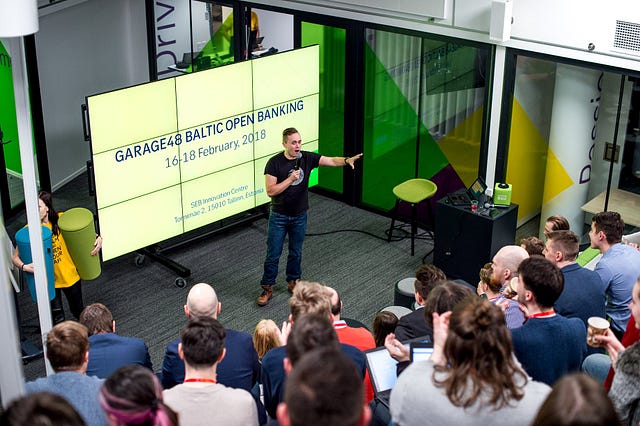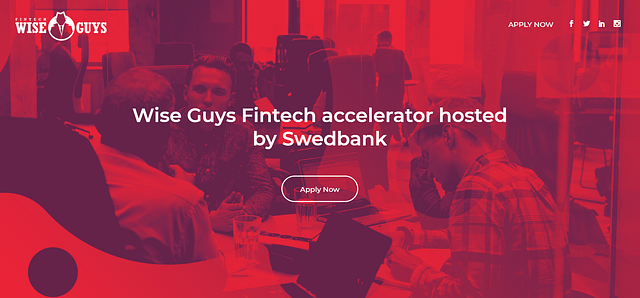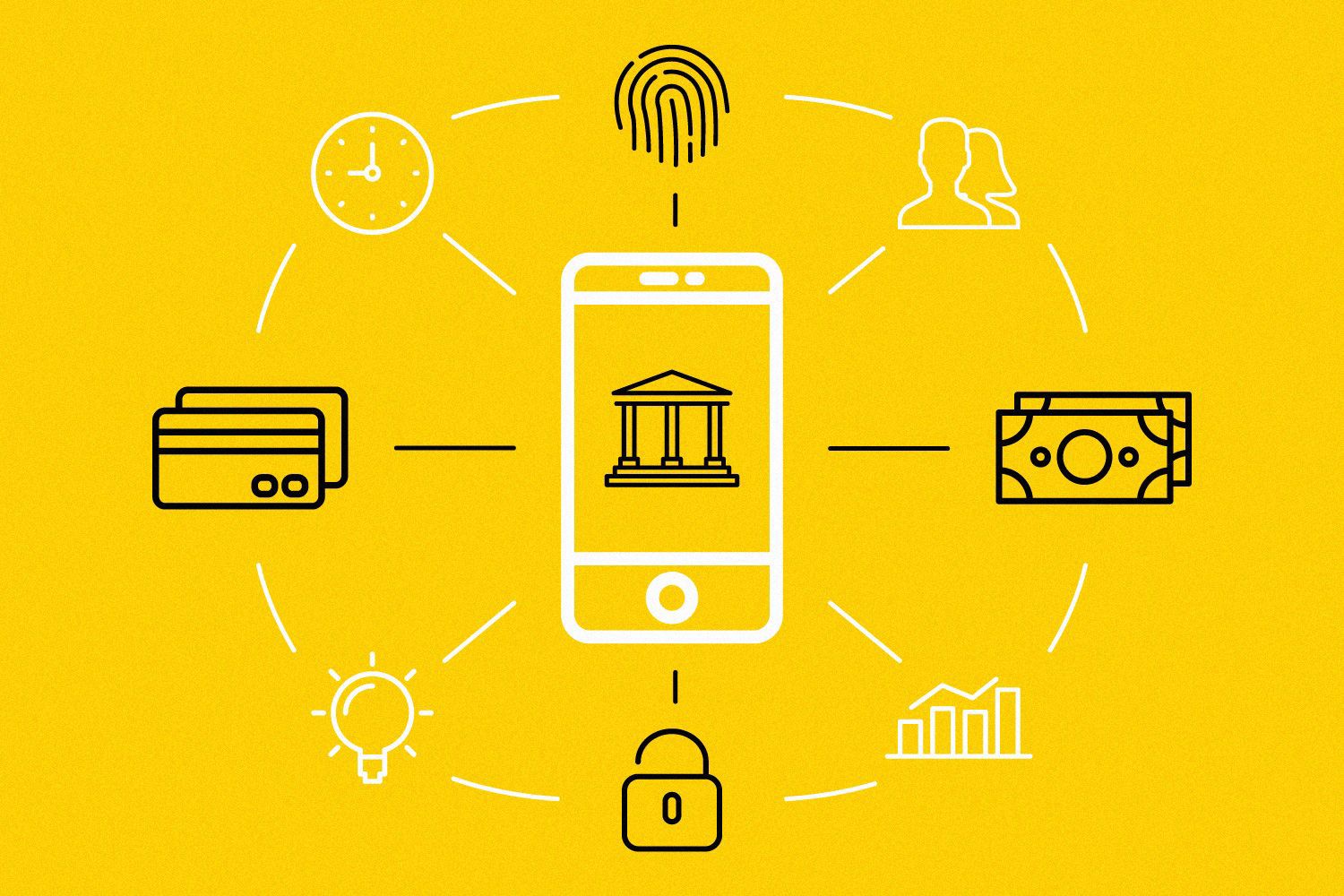What is Open Banking?
Simply put, “Open Banking” means that banks must let you share your financial data, such as your spending habits, regular payments and companies you use (your bank, credit card or savings statements) with other authorised providers.
For you and me, it means more choice, better products and better prices, as we’re in control of our data and can choose how we want to use it.
But for tech companies, it’s the opening of a new frontier, as developers can now build applications and services around the financial institution using APIs, creating new innovative products and services.
In this article, we’ll show you what is Open Banking’s current status in the Baltic countries and provide examples of innovative solutions that have already been brought to life.
What is Open Banking’s Status in Baltic countries?
In the Baltic region, as in the rest of Europe, the Open Banking initiative is taken seriously. However, the lack of standards obstructs the implementation of APIs. There are multiple initiatives and multiple proposed standards, but no general agreement yet. Thus, banks are not rushing with implementation only to find out that they need to re-do the work, when standards are in place.
What is Open Banking’s current legal situation?
The deadline for implementing Open APIs is late 2019. However some banks plan to be ready much earlier and have already created the API layer with the minimal required endpoints: accounts and payments. These banks have also made sandboxes public, where developers can see how the API works with test accounts, even though the APIs are still in development. You can check out the SEB or Swedbank sandboxes, for example.
Other banks in the Baltic region don’t have public sandboxes, and it can’t be guaranteed that they will. This is not a requirement of the EU’s regulation for electronic payment services, PSD2. The main point is to provide access to the data through the API layer.
All banks that manage clients’ accounts (balance) and transactions (money transfers) have to open these data. Other financial institutions, such as credit firms and investment banks, do not have such obligations.
What is Open Banking’s impact on data security?
One of the biggest concerns is security. PSD2 doesn’t specify how exactly the API should be structured to provide the best security. This is one of the main reasons its implementation is slow — banks can’t afford to risk the security of their users. We have already seen how personal data can leak to Cambridge Analytica through public APIs.
Baltic Open Banking hackathons by SEB

To help address some of the issues mentioned in the ‘what is open banking’s impact on security?’ heading above, at the beginning of 2018, SEB in cooperation with Garage48 & Vilnius Tech Park organised Baltic Open Banking hackathons in Estonia and Lithuania. Stating that Open API could be named as the major turning point in banking after the internet and mobile banking, the aim of these hackathons was to discover the potential of open banking and create next-generation financial services. In both events, international participants and mentors joined their forces to create innovative FinTech products during the weekend. Mooncascade had their people participating as mentors at both events.
Having worked with a lot of FinTech companies and having experience in this sector, our mentors put their skills to use in order to help the teams build better products during the events. Here’s an overview of our favourite ideas:
● Direct bank payments in shops using mobile phones. No need to have extra tools for accepting cards, all the data about the transaction between you and the shop can be sent to the bank directly through a mobile app.
● An aggregator app for all the account numbers you have in different banks. This app allows you to see the balance account by account or give you the whole picture about your money.
● Platform for establishing trust between landlords and tenants. Using the data from banks about payments, spending habits, adding data from other sources to make the profile of a person. Allows not only landlords to perform background checks on their tenants (e.g. their payment ability), but also allows tenants to check the landlord.
● System for monitoring your mortgage routines throughout the years in order to find a better deal for you after a while. Based on changes in your income, the amount of savings, and your credibility, you can negotiate a better deal with the bank. If you’re a good client, then you should be rewarded.
● Automation of the process of paying bills. Your bills are automatically extracted from your inbox, and the sums and account numbers are detected from PDF bills, so you just need to confirm the money transfer with one click. Then the transaction is sent to the payments endpoint of the bank with all the attributes completed automatically.
● App for teaching kids how to spend and save money. Instead of giving pocket money for the whole month, a parent can put this money in a separate account. Then the money gets distributed equally between each day of the month. Each day, the kid gets a portion of this money on their account. The money they don’t spend that day stays on their account and they can see how much they have saved up, for example, for buying a bicycle.
These were just some of the ideas that best answer the questions ‘what is open banking, and what are the possibilities?’, but the list goes on beyond that. Open banking lets you optimise accounting, monitor and predict cash flow, and so on. It’s now up to tech companies to turn this opportunity to their favour.
Wise Guys FinTech by Swedbank

But hackathons are not the only way to contribute to open banking.
For example, in spring 2018, Swedbank is hosting Wise Guys FinTech — a FinTech startup accelerator program by Startup Wise Guys in Swedbank’s premises in Riga, Latvia.
The program is not limited to this region. Applications were open to startup founders from any country. Ten international startups got selected and now they have an opportunity to spend up to six months in a fast-paced learning environment, grow their business and connect to banking experts and mentors. Swedbank will be looking for potential pilots and startups to grant premium access to their APIs through the Open Banking initiative, as well as access to the 7-million-strong client base in four markets.
While it sounds pretty decent, it’s still too early to count any chickens. We’ll just have to wait and see what is open banking’s future looking like after the first batch of companies has passed the program to see what new products and services they’ve come up with. But the initiative itself is promising nevertheless.
What is Open Banking’s outlook moving forward?
As the process of implementing Open Banking standards is still underway, it doesn’t matter if you’re a bank, a startup, or some other kind of FinTech company — now is the time to take action if you wish to take advantage of the new possibilities they bring along.
However, if you happen to be interested in developing an Open Banking product by yourself and need a software development partner, then have a look at what we’ve done for FinTech companies, and get in touch! What’s more, you can check our beginner’s guide to the world of FinTech just to get inspired by the endless opportunities of financial technologies.

